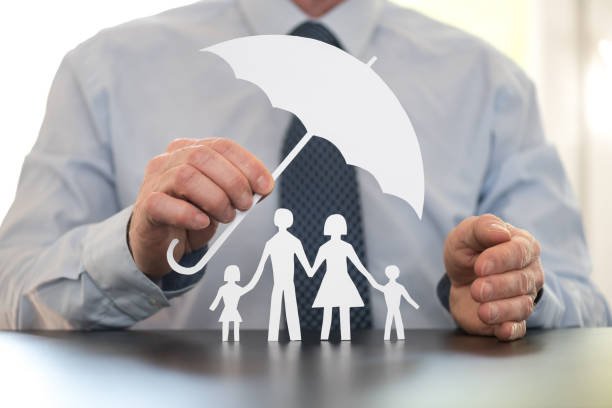First Aid Course in Darwin: Equipping Individuals with Life-Saving Skills

Darwin, the capital city of Australia’s Northern Territory, is a vibrant and thriving metropolis known for its unique blend of natural beauty and cultural diversity. From the stunning sunsets over the Timor Sea to the lush greenery of the nearby national parks, Darwin offers a picturesque backdrop to its residents and visitors. In a city that cherishes its people’s well-being, first-response training plays a crucial role in ensuring the safety and welfare of the community. This article delves into the significance of the first aid course in Darwin, exploring its benefits, available programs, and the vital role it plays in equipping individuals with life-saving skills.
The Importance of First Response Training: Empowering the Community
First-response training serves as a fundamental building block in emergency preparedness and response. It equips individuals with the knowledge and skills necessary to provide immediate assistance to those in need, whether in medical emergencies, accidents, or critical situations. By empowering the community with these life-saving skills, first-response training helps bridge the gap between an incident occurring and the arrival of professional medical personnel.
Enhancing Public Safety: Prompt Action in Critical Moments
When emergencies strike, every second counts. First-response training ensures that individuals are equipped to take prompt action in critical moments, potentially making a significant difference in saving lives or minimizing further harm. By providing immediate care and stabilizing a person’s condition until professional help arrives, individuals trained in first response can play a crucial role in enhancing public safety.
First Response Training Programs in Darwin: Comprehensive Skill Development
In Darwin, there are various first-response training programs available to cater to the diverse needs of the community. These programs aim to develop comprehensive skills and knowledge in emergency response, including:
- Basic Life Support (BLS) and CPR Training: BLS and CPR training form the foundation of first response training. Participants learn essential techniques such as cardiopulmonary resuscitation (CPR), automated external defibrillator (AED) use, and airway management. These skills are vital in providing immediate assistance to individuals experiencing cardiac arrest, choking, or respiratory emergencies.
- First Aid Training: First aid training covers a broad range of skills and knowledge, including wound care, fracture management, burns, and medical emergencies. Participants learn how to assess and respond to various situations, providing initial care and stabilization before professional medical help arrives.
- Advanced First Aid and Advanced Life Support: Advanced first aid and advanced life support training programs are designed for individuals who require more extensive knowledge and skills. These programs delve deeper into medical emergencies, trauma management, and advanced techniques such as intravenous (IV) access and administration of medications.
Benefits of First Response Training in Darwin: Empathy, Confidence, and Community Resilience
The benefits of first-response training extend beyond the acquisition of technical skills. By undergoing training, individuals develop empathy, compassion, and the confidence to act in high-pressure situations. First-response training fosters a sense of community resilience, where individuals feel empowered to assist others during emergencies, contributing to a safer and more caring society.
Additionally, first-response training enhances personal preparedness, enabling individuals to respond effectively to emergencies not only in public settings but also within their own homes and families. Whether it’s responding to a sudden illness, a household accident, or a natural disaster, the skills obtained through first-response training can make a significant difference in mitigating the impact and providing immediate care.
Conclusion
First aid course in Darwin plays a critical role in equipping individuals with life-saving skills and promoting community safety. By empowering individuals with the knowledge and techniques to respond effectively in emergencies, first-response training enhances public safety, reduces response time, and potentially saves lives. Through comprehensive programs covering basic life support, first aid, and advanced techniques, individuals in Darwin are better prepared to take prompt action and make a positive impact in critical moments. As Darwin continues to thrive and prioritize the well-being of its community, the importance of first-response training remains paramount in creating a safer and more resilient society.


